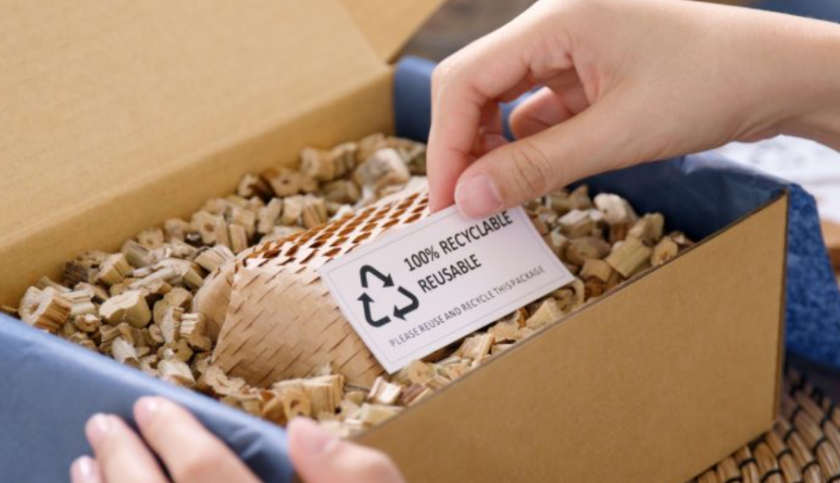
Single-use plastic bag bans in cities and states across the world seem to be working, as U.K. government scientists say the measures have resulted in fewer plastic bags polluting waterways.
The problem isn’t totally solved, though. The study found that the amount of ocean litter is still pretty much the same as it has been, due to increased waste from other plastic items, such as bottles and coffee cups.
Because of that, the scientific community is urging other government entities to take measures to eliminate single-use plastic bottles and coffee cups, something many local governments and businesses have already started.
The U.K. has toyed with the idea of a similar fee for single-use coffee cups, and these environmental findings could expedite the process.
Single-use plastic bottles are already becoming increasingly more rare in the U.S., at places like national parks and amusement parks, and big-name companies like Dunkin Donuts and McDonald’s have made plans to do away with potentially harmful packaging in favor of more eco-friendly options.
The latest was New York City Gov. Andrew Cuomo, who suddenly changed his opinion on plastic bag bans, claiming that “it’s time to ban them statewide” in a tweet yesterday.
Single-use plastic bags are trash that pollute our land and water.
It’s time to ban them statewide. pic.twitter.com/C8aKm7lXUm
— Archive: Governor Andrew Cuomo (@NYGovCuomo) April 24, 2018
In quite possibly the most marquee bottle reduction movement, New York City Council is considering banning the sale of single-use, disposable plastic bottles in city parks, beaches and golf courses.
“New Yorkers love convenience, especially because we are always running from one place to another, but this will make us pause and realize the impact that our actions are having on our environment,” New York City Councilman Rafael L. Espinal Jr. told the New York Times.
Cuomo said that the waste that plastic bags create is taking “a devastating toll on our streets, our water and our natural resources.”
Cuomo felt a system similar to the U.K.’s fee structure would be “deeply flawed” if put in place in New York. His primary concern is that merchants would pocket the 5 cent fee, which he thinks would result in a $100 million giveaway over the course of a year.
While New York has taken a more hard-line approach to bags, moving to ban them completely from sale in the state, the U.K.’s 5p (about 8 cents) tax on single-use bags has shown positive results in the ocean and other waterways surrounding Great Britain.
What this means for the promotional space is that reusable tote bags could continue to increase in popularity, as grocery stores and retail brands push for people to bring their own (or buy them at the cash register). It also means that companies that manufacture and distribute single-use bags aren’t going to be completely obsolete, at least in certain markets, like the U.K.
It points to an increase in recyclable paper bags, which companies have been using more frequently. Back in 2016, Apple transitioned from plastic to paper, and seemed to be in the process of patenting its own paper bag (because everything Apple does seems to be proprietary).
As other big names like the Disney Store transition to reusable bags, paired with government initiatives across the globe, there’s reason to be optimistic on a few fronts:
This is good for the environment. It’s great for companies that manufacture and distribute tote bags and paper bags. And there is an opportunity for companies that manufacture and distribute single-use plastic bags to still have a client base in places where taxes are in place.
It also presents opportunities for apparel companies to get in on the action, as we saw Adidas did, albeit with a slightly misleading campaign. The company’s initiative to create apparel and footwear from ocean plastic led many to believe that Adidas was scooping bottles and bags from the ocean and turning it into apparel. What actually happened was that Adidas took “ocean-bound” waste, meaning trash in coastal communities and even the beach itself, and “intercepted [it] before it reaches the ocean.”
Slightly misleading, since one might think that it was actively reducing existing pollution, but commendable none the less. As for Cuomo’s proposed plastic bag ban, we’ll have to wait and see.



